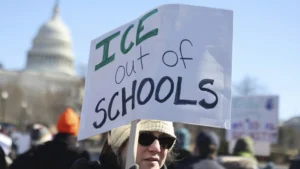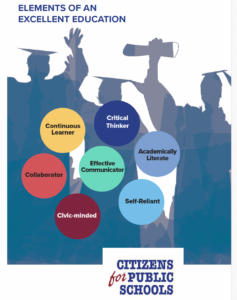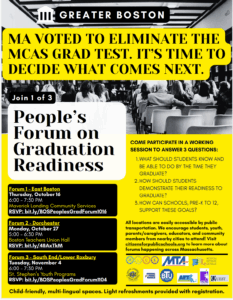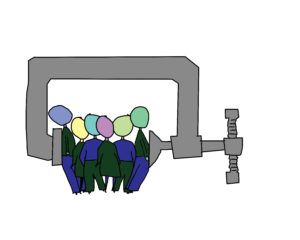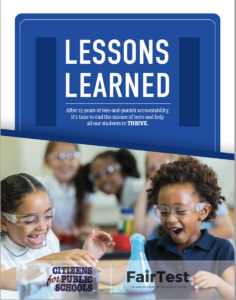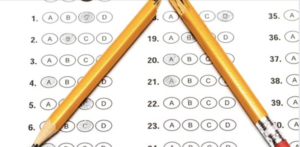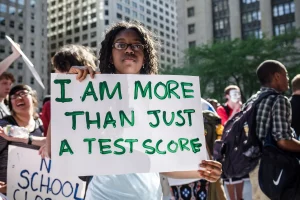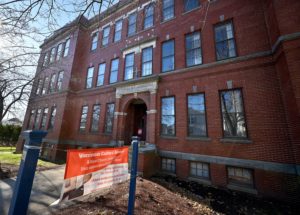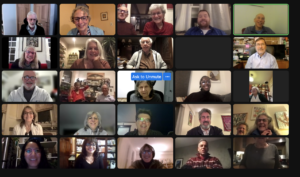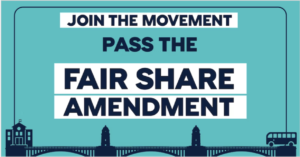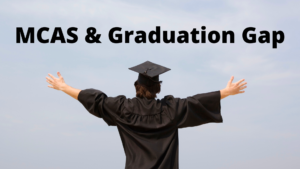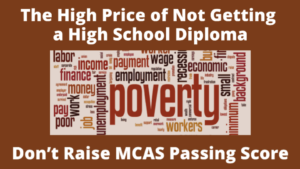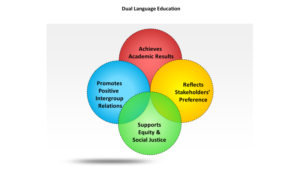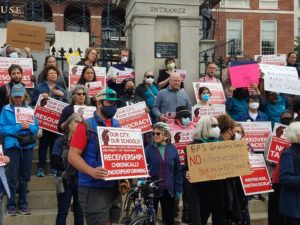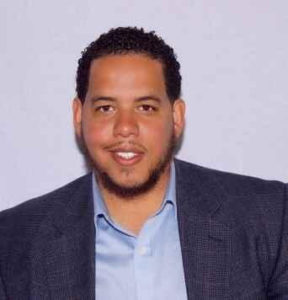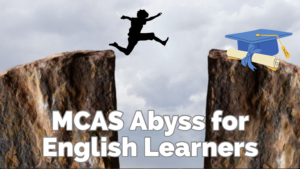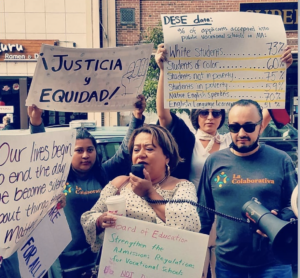Join us Thursday, February 26 at 6:30pm for Citizens for Public Schools’ ICE and Schools webinar. Empower yourself by learning from front-line educators about the impact of ICE on our schools and communities. Learn what is being done to protect immigrant students and how individuals and communities can help.
The objective of this webinar is to explore with our panelists and participants the following questions:
- What impact has ICE’s presence had on your school/district?
- How has your school/district community protected or insulated your immigrant student population in response to ICE’s presence or possible future presence?
- What are ways in which individuals in your community can support your immigrant student population against ICE intervention in these times? What have been the barriers to protecting students?
- Are there ways in which communities can coordinate and work together to prepare for possible ICE intervention?
Click here for more information and to register. → Read More
